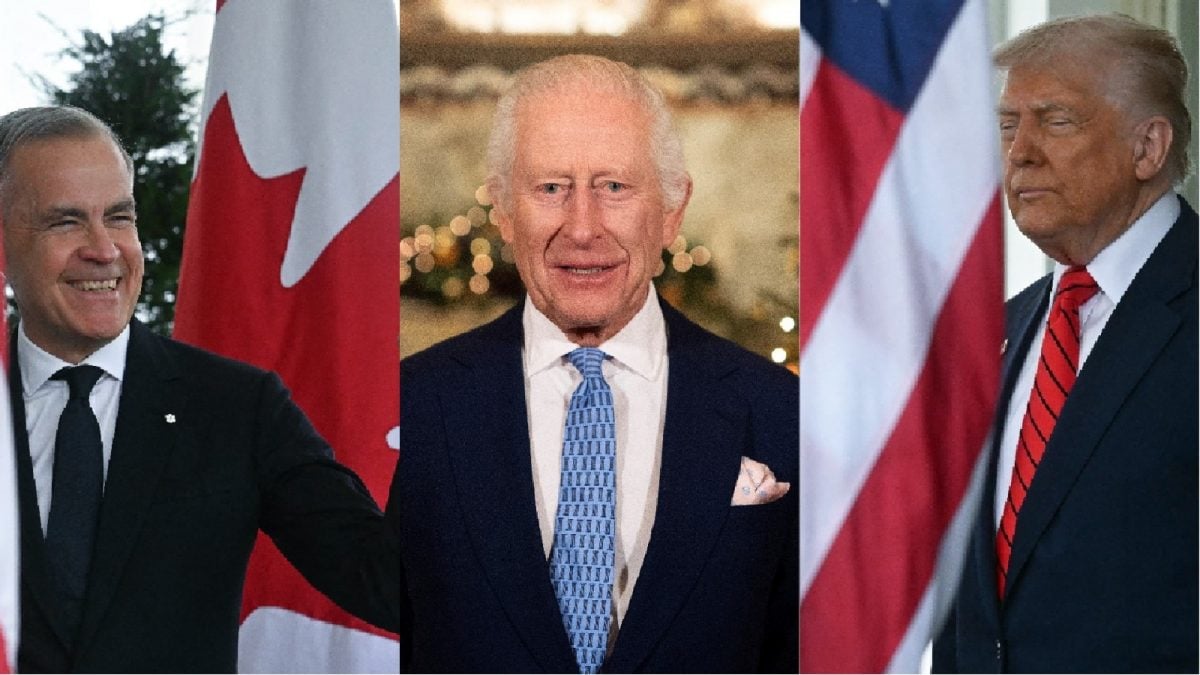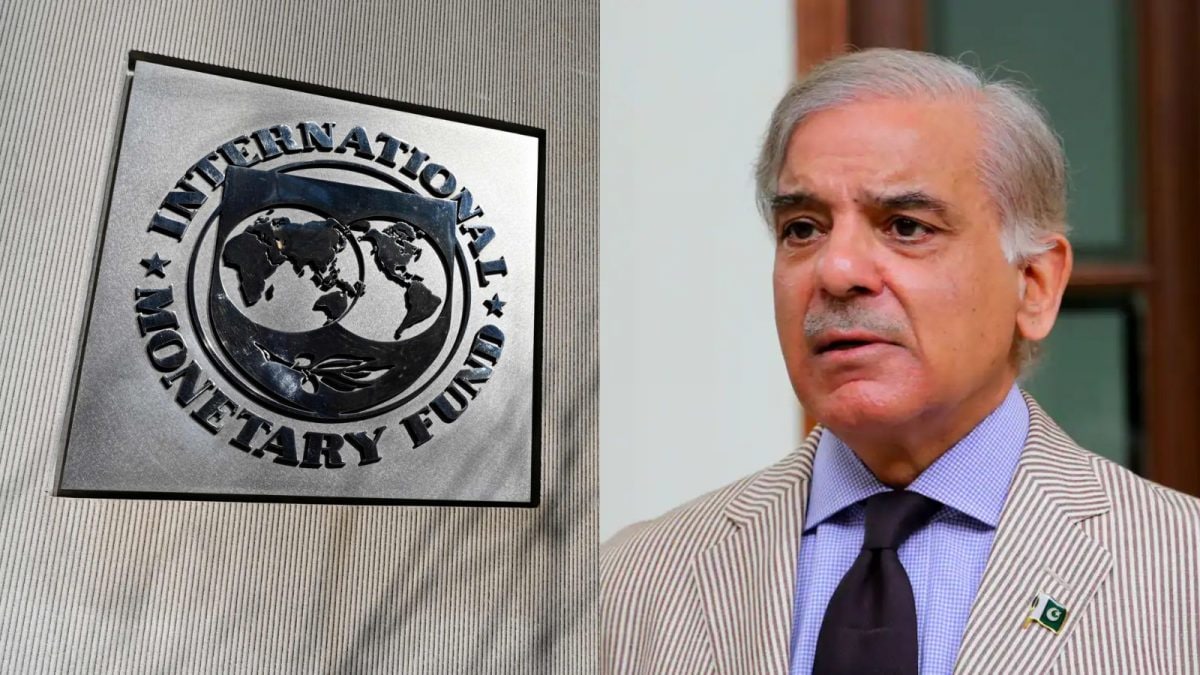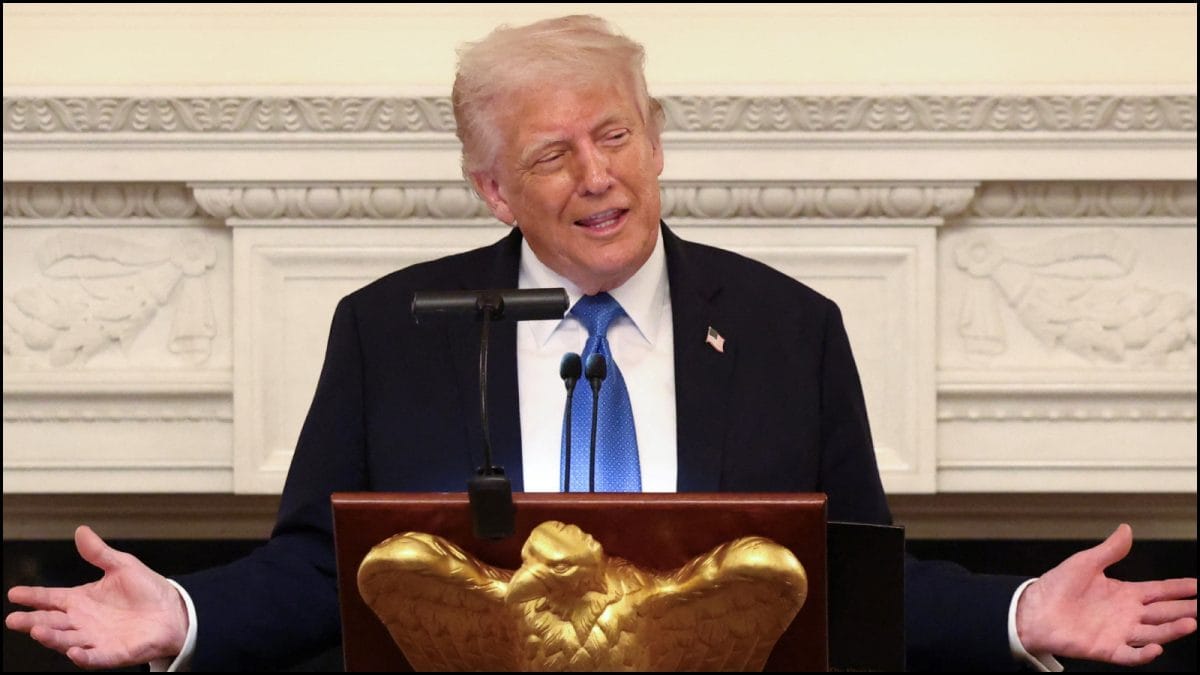Canada, which is curbing immigration, reduced study permit approvals in 2025. Study permits granted to Indians dropped by 31% in the first quarter of 2025, while it saw a 21% drop overall for international students in the same period.

Study permit approvals for Indians have seen a 31% decline in the first quarter of 2025, according to IRCC data. (AI-generated image)
Studying in Canada is becoming increasingly difficult for Indian students given the increase in rejection of study permits. While the Canadian government is trying to discourage immigration by curbing study permits for international students, the rate of rejection is higher for those from India, a country from where the largest cohort at Canadian colleges belongs.
Study permit approvals for Indians have seen a 31% decline in the first quarter of 2025, according to the recent set of data from the Immigration, Refugees and Citizenship Canada (IRCC). Only 30,640 permits were issued to Indian students in the first quarter of 2025 against 44,295 granted in the corresponding quarter of 2024.
In contrast, the overall study permits issued to international students by Canada saw a decline of 21% in the same period.
According to the Indian High Commission in Canada in 2024, India is the largest source of foreign students, with an estimated 4,27,000 Indian students studying in the North American country.
In 2023, the number of international students holding study permits in Canada surpassed one million for the first time. The number exceeded even the estimates, The Globe and Mail reported.
According to IRCC, the year-end tally reached 1,028,850, exceeding the earlier IRCC estimate of 949,000 for the same period.
Among the international students, those from India constituted the largest national cohort, comprising 37% of the 579,075 permits issued until November 2023. This figure, however, marked a decrease from the 41% in 2022.
Interestingly, the surge in Indian students studying in Canada has been substantial over the past five years, rising from 107,070 in 2018 to 579,075 in 2023.
TIGHTER FINANCIAL RULES AND DIPLOMATIC STRAIN LEAD TO DROP IN INDIAN STUDENTS
The housing affordability crisis in Canada and strained relations between the Indian government and Justin Trudeau's government contributed to a decrease in applications from India, falling from 190,419 between July and November 2022 to 120,096 during the same period in 2023.
To manage the growing number of newcomers, Canada introduced new regulations for international students. From January 1, 2024, study permit applicants must now demonstrate a financial capacity of CA$20,635 (Rs 12.7 lakh) —more than double the previous requirement of CA$10,000.
In 2024, 188,465 Indian students received study permits. A total of 44,295 study permits were issued in the first quarter of last year, while 55,675 and 52,485 permits were granted in Q2 and Q3, respectively. In the last quarter, 40,705 study permits were granted.
According to the new data by IRCC, 96, 015 global applications were approved during the first quarter of this year. In 2024, a total of 516,275 international students received study permits.
In 2024, 121, 070 study permits were issued to international students in the first quarter by the Justin Trudeau government, while 124,130 and 177,425 and 109,710 were granted in Q2, Q3, and Q4, respectively.
Following his party's return to power after the April 28 federal election, Canadian Prime Minister Mark Carney reaffirmed his stance on immigration levels. He stated that by 2027, the proportion of temporary residents — including international students and foreign workers — will be capped at no more than five percent of Canada's total population.
As part of its ongoing efforts to manage international student intake, IRCC announced on September 18, 2024, a new cap of 437,000 study permits for 2025—a reduction from the 2024 limit of 485,000. This cap is anticipated to stay in place through 2026.
Published By:
Gaurav Kumar
Published On:
May 23, 2025

 6 hours ago
6 hours ago
















